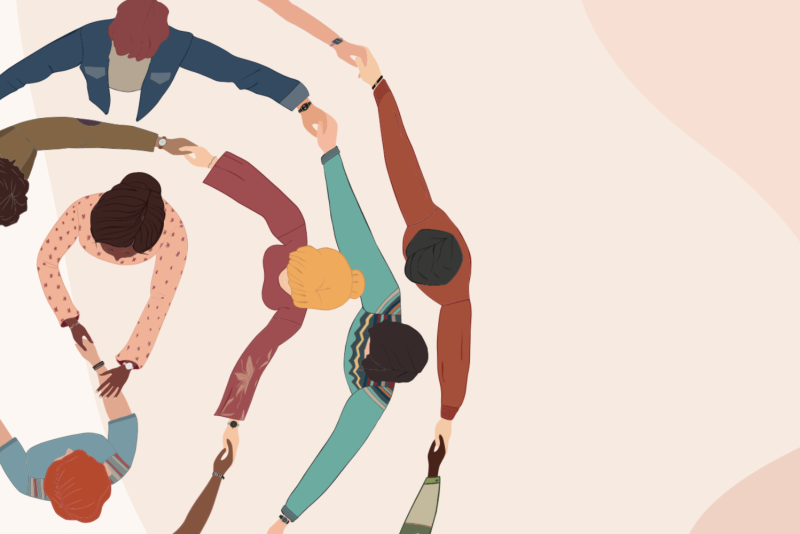Finding Freedom: Veterans in the iRest Community
free·dom
/ˈfrēdəm/
the power or right to act, speak, or think as one wants without hindrance or restraint.
Perhaps few people value the ideal of freedom more than soldiers who have pursued it on the front lines of duty. Yet freedom, as it turns out, takes many forms.
As a tool for healing and an invitation to wholeness, iRest offers an opportunity for personal liberation. This brief history outlines how iRest evolved into its present-day form largely in response to the needs of military veterans. Below, interested vets will find other resources, including no-cost practice options, to explore today.
For the average civilian moving through the world, any number of life events can leave us needing help and looking to tap into a place of peace and ease. For a soldier, the sources of potential trauma multiply, and the risk increases that stress might threaten the parasympathetic nervous system—not to mention overall quality of life.
In response to that risk, in 2006 iRest founder Dr. Richard Miller began working with the US Department of Defense to introduce iRest Yoga Nidra at Walter Reed Memorial Hospital. In this way, iRest took root, and its effectiveness in the military community has grown. The Defense Centers of Excellence has approved Yoga Nidra as a complementary and alternative medicine, warranting continuing research for its use in the treatment of PTSD. Additionally, the US Army Surgeon General has listed Yoga Nidra as an approved approach for addressing pain management in military care. iRest programs have been set up in over dozens of Veterans Administration hospitals and military base hospitals.
The effects have been clear. “I have been doing Yoga Nidra now for about three years and I have gotten to a point now that I don’t have to take any medication for my blood pressure,” says Tom Rusneck, Vietnam veteran. “And I don’t take anything for sleeping, so it has made a big improvement.”
Now all veterans can try this transformational practice at home for free, courtesy of the US Department of Veterans Affairs. The new program described here allows participants to dial in by phone, using a special code to access the teachings. As well, recorded meditations are accessible here.
“Once a person regains connection to their inner sense of self,” says Richard Miller in an interview with Elephant Journal, “we want to then discover the actions they need to take in the world that enables them to feel potent and powerful again.”
And that is freedom indeed.
Learn more about iRest’s work with the military here.






Join the conversation
We would love to hear what you have to say. Log in or Register to post comments.